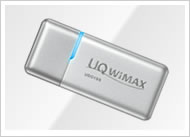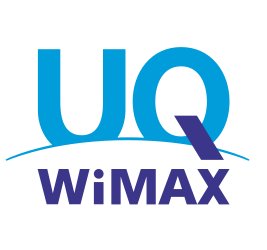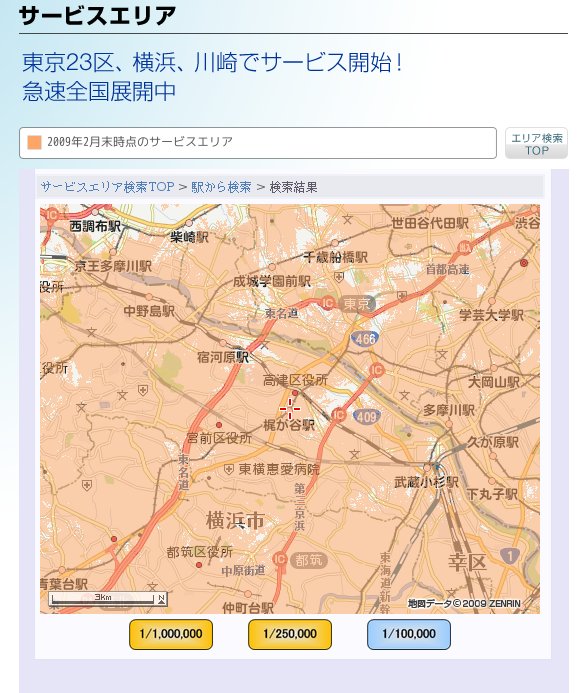
As previously reported, UQ communications will start Mobile WiMAX trial on the 26th of February.
Since I am familiar with the WiMAX technology and Chipset vendors, I decided to research the devices to be used during the trial and Chipset vendors selected by UQ and it’s suppliers.
UQ has currently two suppliers:
1) Shinsei Corporation – Supplying the UD01SS USB and the UD02SS Express Card. Accoring to UQ website, these products are actually from a Korean company – Modacom. Modacom has a complete portfolio of devices for the Korean WiBRO network (WiBRO is almost identical to WiMAX). These devices use GCT WiMAX chipset. This screen capture displays device driver information, which clearly indicates GCT.
2) NEC Access Technica – Supplying the UD-01NA USB and UD-02NA PCMCIA Card type. NEC uses Beceem chipset.
Missing from the list are:
1) Samsung – which supplied the data cards to Sprint’s XOHM WiMAX deployment in Baltimore.
2) Sequans Communications – which power Zyxel’s CPE for the same Xohm deployment.
3) Intel – As Intel Capital invested in UQ, I am certain we will see Intel powered WiMAX laptop within a few months.
I cannot avoid mentioning the UQ connection manager, which in my opinion looks very similar to the KT connection Manager. (And I must admit that also Airspan’s MiMAX USB, which I developed, had the same look and feel).





